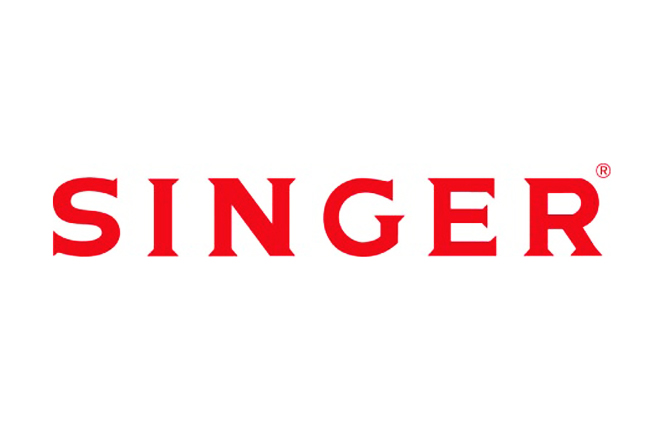Copyright marketwatch

What Novartis wants is access to Avidity’s drug-delivery platform for RNA therapeutics, and the company’s clinical development programs and pipeline in neuroscience, including those in late-stage trials, such as its treatment for Duchenne muscular dystrophy. Avidity’s stock soared 42.4% to close Monday at $70, the highest close since the company went public in June 2020. The rally was enough to pace the SPDR S&P Biotech ETF’s Dyne Therapeutics Inc. “When a competitor gets taken out, it can always feel a little like the other company was the ‘chosen one,’” wrote Stifel analyst Paul Matteis in a note to clients. “We also think the significant premium to [Avidity’s] recent stock price — which was already buoyed by prior reports that [Novartis] may be interested in acquiring the company — suggests the deal process here may have been competitive,” Matteis added. But for Dyne, Matteis believes the deal for Avidity is “highly validating,” as it corroborates the expected value of muscle-delivery technology and the attractiveness of the markets for even rare diseases like DMD. Dyne’s stock shot up 41.2% to $24.17. That was the biggest one-day rise since the stock started trading in September 2020, and was enough to make it the SPDR biotech ETF’s second biggest best performer. Even after that rally, Matteis believes there’s still plenty of potential upside for new investors. His $36 price target is 49% above Monday’s closing price. It might make sense that Novartis chose Avidity over Dyne, considering Dyne’s treatments are well behind Avidity’s in the process of getting regulatory approval. Matteis noted, however, that Dyne has data on its DMD treatment coming out by the end of the year that will be presented to regulatory agencies that he believes are supported by strong trial results. And besides, he doesn’t believe it really matters how far along Dyne’s treatments are in the approval process. Matteis believes any potential biotech buyers who looked into, but missed out on, Avidity “could plausibly look to Dyne,” which has a similar treatment platform that clearly works and addresses a large market. Dyne’s stock has now gained 2.6% in 2025 after the big rally, while the SPDR biotech ETF has rallied 23.9% and the S&P 500 index



